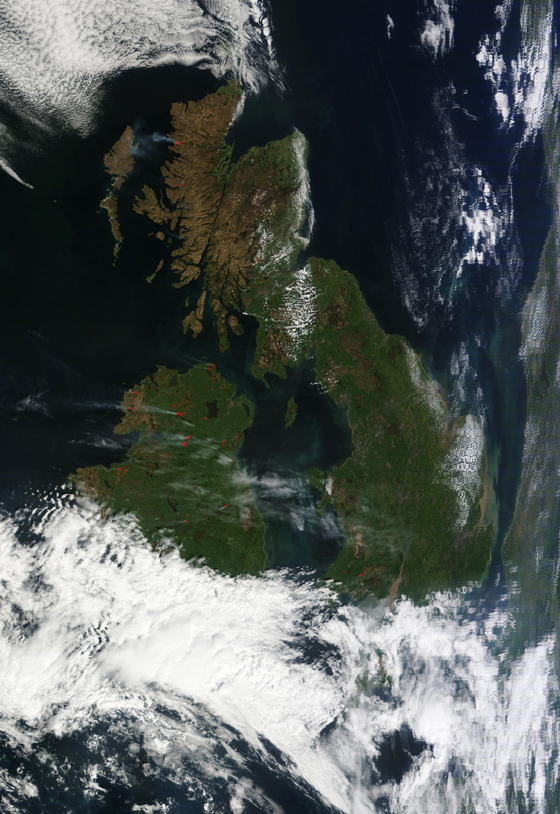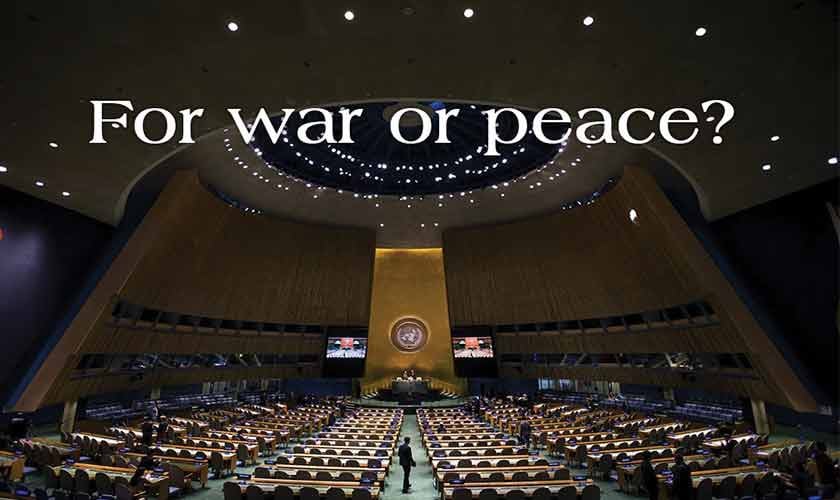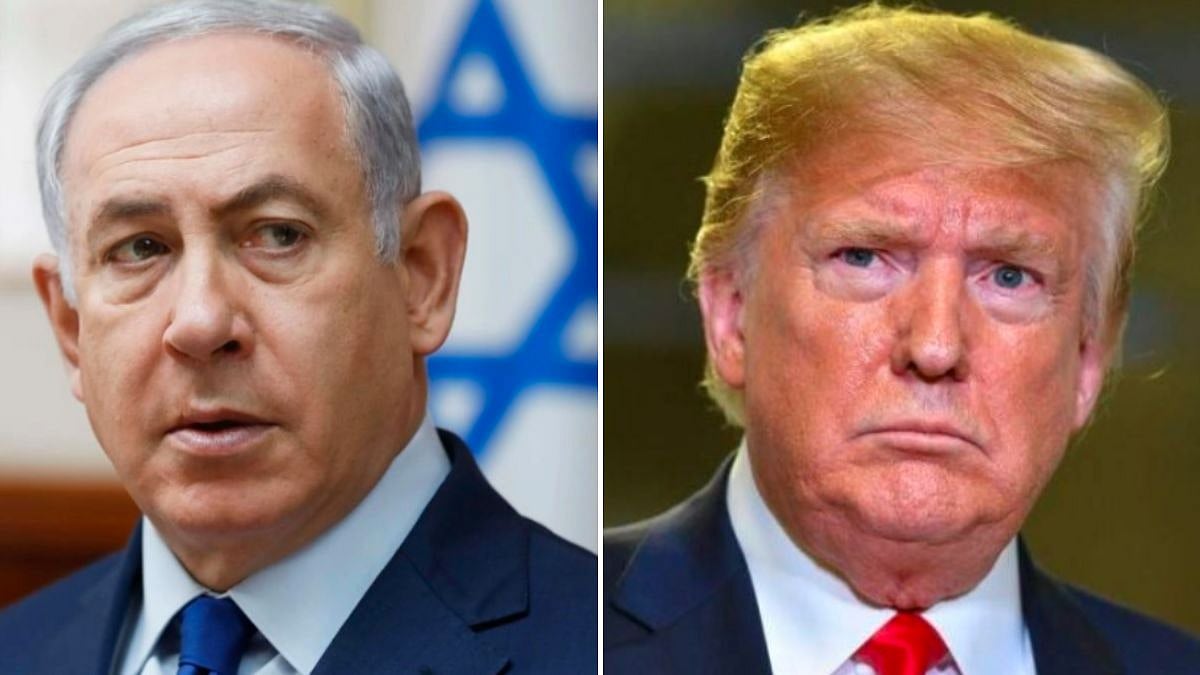Dr Paul Gillespie directs the Constitutional Futures after Brexit project in the School of Politics and International Relations at University College Dublin.
Politics happens not only between Ireland, Northern Ireland, and the United Kingdom, but also across them. There exists both a British-Irish and an Irish-British politics, alongside growing relationships between state and political actors in Scotland, Wales, and parts of England with their counterparts in Ireland, North and South.
Such relations are embedded in the three-stranded institutions established by the 1998 Good Friday Agreement, which continue to function—albeit unevenly. These institutions reflect the deep historical and contemporary power structures and interdependencies of the two islands. This enduring complexity challenges conventional understandings of legal sovereignty, borders, and territory.
Contemporary uncertainties regarding the political and constitutional futures of each polity involved call for more preparation for change, as each entity affects the other. The totality of relationships across these islands—a phrase originating from exchanges between the two sovereign governments in 1980-81—remains a meaningful framework for analysis and political action.
This framework should also encompass their mutual relations with Europe and the European Union, which influence the islands’ futures. Adopting such a wider comparative perspective can only enhance our understanding of the dynamics at play in British-Irish relationships.
These ideas are among the main working assumptions and themes of the book I have edited with Michael Keating and Nicola McEwen, *Political Change across Britain and Ireland: Identities, Institutions and Futures* (Edinburgh University Press, 2025). The book represents a convergence of views between researchers in Ireland and Britain that the political and constitutional futures of the two islands should be analysed together rather than separately.
The book brings together 21 Irish and British academic authors in 11 jointly written chapters. These chapters explore a wide array of topics, including:
– Contrasting and converging political cultures in Scotland, Ireland, and Northern Ireland
– Gender politics in Northern Ireland and Scotland
– UK inter-governmental relations and territorial cohesion
– The roles of Sinn Féin and the Conservative Party within Irish and UK party systems
– Spatial framings of peripherality in Wales
– The enduring relevance of the rights secured in the 1998 Agreement for Ireland and the UK, regardless of whether Irish unity occurs
– Comparisons of Irish, Scottish, and Welsh nationalist views about the UK’s future
– A critical analysis of where the UK’s political union and diverse unionisms stand in uncertain times
These selected transversal approaches offer key insights beyond the usual sovereign territorial frameworks. They are pursued in an exploratory manner rather than as a comprehensive analysis of territorial politics across these islands, which would be premature given how rapidly the field is changing.
We use the framework of *Identities, Institutions, and Futures* to bring key themes together and believe it offers a way to organise future research by new generations of scholars. We intend to pursue this further through joint research initiatives and a blog series with the Edinburgh-based Centre for Constitutional Change.
Interested readers are invited to register for the book’s Belfast launch on October 1st.
—
**Major contemporary forces driving political change in the UK include:**
– Continuing deep regional and social inequalities
– Labour’s failure to deliver on its social and political reforms amidst poor economic performance and low productivity
– Nigel Farage Reforms appeal to growing English dissatisfaction with governing elites, dysfunctional structures, and policies on immigration, now seeing Farage outpoll Labour and the Conservatives by two to one
– Challenges related to the Brexit agenda, despite its highly unpromising outcomes
Underlying most of these issues is a deep disenchantment across the UK with its democratic credentials and constitutional settlements—a generation on from devolution. Unfortunately, such matters have fallen down the political agenda amid complacency about the need to address them.
This complacency is a significant mistake, as unresolved questions can escalate rapidly, potentially catching political and civic leaders unprepared. Support for Scottish and Welsh independence within the EU, and for referendums on Irish unity, is growing in response and would accelerate under a Farage-led government.
Ireland’s political parties, governing elites, and citizens—both North and South—should factor such potential British changes far more into their strategies in order to prepare responsibly for the likely consequences on this island. This necessity forms part of a wider need for more anticipatory foresight planning in Irish governance.
https://sluggerotoole.com/2025/09/24/political-change-across-britain-and-ireland-identities-institutions-and-futures/


